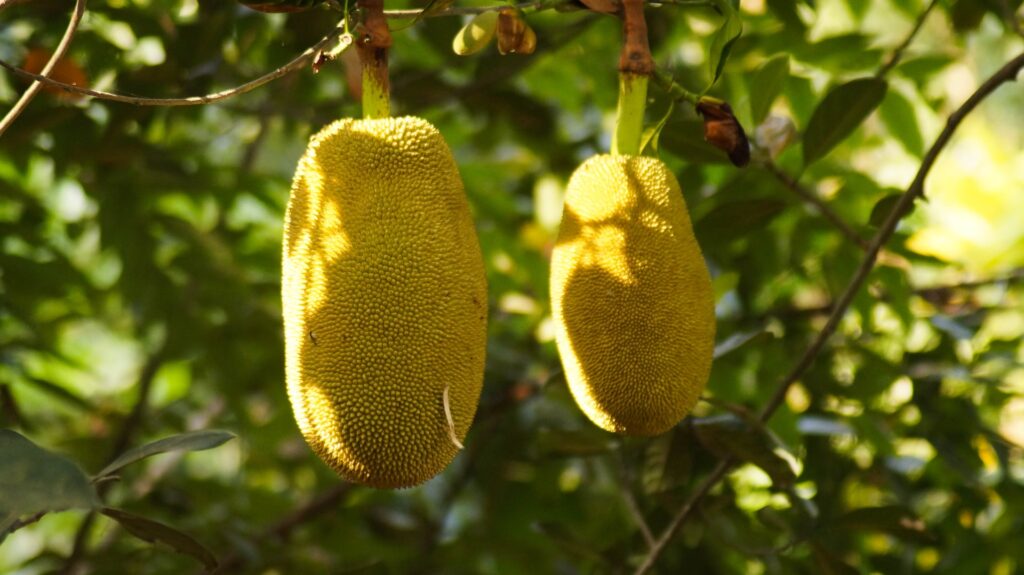Have you ever thought about how strange idioms from your language sound to foreigners? I know, it’s weird. I noticed that when I tried to use Brazilian idioms in different situations, but they didn’t fit.
Very quickly, translating these phrases and expressions to our American friends became one of my family’s favorite pastimes!
When I’m learning a new language, I like to find some of the most common idioms because it represents a lot about the culture. It may demonstrate their relationships with religion, the interpersonal relationships and other national traditions that may be very particular.
Obviously, there are so many more Brazilian idioms, but I listed some of the most popular below.
Tirar o cavalinho da chuva
Literal translation: Take the horse out of the rain.
Meaning: Give up on something or an idea.
English equivalent: Don’t hold your breath.
This phrase is usually used with the intention of telling someone that whatever they’re expecting, won’t happen. That person should give up on that idea.
Example: Se você pensa que eu vou cozinhar hoje, pode tirar o cavalinho da chuva!
If you think that I am going to cook tonight, you can take the little horse out of the rain!
Baixa a bola!
Literal translation: Lower the ball.
Meaning: Stop being arrogant.
English equivalent: Get off your high horse!
When someone is being too cocky or arrogant, you can tell them: Baixe a bola!
Example: Baixe a bola! Você não é tão engraçado quanto pensa.
Lower the ball! You’re not as funny as you think.
We may also say it in the diminutive (Baixa a bolinha!) to make the phrase extra sarcastic. 😉
Bater na mesma tecla
Literal translation: Hit the same key.
Meaning: Insist on the same idea.
English equivalent: Harp on the same string.
If someone keeps insisting on something and not giving up in any way, you would say they are hitting the same key.
Example: Não adianta bater na mesma tecla, temos que encontrar uma solução para esse problema.
There is no use hitting the same key, we have to find a solution for this problem.
Segurar vela
Literal translation: Hold the candle.
Meaning: To accompany a couple on a date.
English equivalent: Third wheel.
This expression means that someone is not needed there and is usually associated with romantic situations.
Example: Eu adoraria jantar com você e seu namorado, mas eu não quero segurar vela.
I would love to have dinner with you and your boyfriend, but I don’t want to hold the candle.

Encher linguiça
Literal translation: To fill sausage.
Meaning: To stall
English equivalent: Pad Out.
This phrase means that someone is using more words or saying/writing unnecessary things to fill empty spaces. They may be stalling until something else happens or writing more to make the text seem longer.
Example: Ele ficou 20 minutos enchendo linguiça até que o problema fosse resolvido.
He spent 20 minutes filling sausage until the problem was fixed.
Cara de pau
Literal translation: Wooden face
Meaning: a cynic
English equivalent: Brazen, shameless.
The expression is used to describe people who are not ashamed of doing something or do not care about what people think.
Example: Ele entrou na festa fechada e pegou comida na maior cara de pau.
He went into the closed party and grabbed some food with the biggest wooden face.
Cair a ficha
Literal translation: The token to drop
Meaning: to understand something
English equivalent: To get it.
This means that you have finally understood something. Something has clicked and you “get it” now.
Example: A ficha só caiu depois que ele saiu.
The token only dropped after he left.
Quebrar o galho
Literal translation: Break a branch
Meaning: to help with something
English equivalent: Help out
There are a couple meanings for this word. The two most common ones are: to help someone out and make do with. So you would
Example 1: Beleza, cara. Eu vou quebrar o seu galho hoje, mas essa é a última vez.
Alright, man. I’ll break your branch today, but this is the last time.
Example 2: Ah, não se preocupe. Isso é só para quebrar o galho. Eu vou comprar um armário novo amanhã.
Oh, don’t worry. This is just to break a branch. I’ll buy a new wardrobe tomorrow.
Rodar a baiana
Literal translation: Rotate the Baiana
Meaning: make a scandal
English equivalent: Fly into a rage
We use this expression when we want to threaten to make a scandal or say that someone already did cause a ruckus.
*Baianas are women from the state of Bahia who dress with traditional clothing that have big skirts (picture below).
Example: Devolve o meu dinheiro ou eu vou rodar a baiana aqui.
Give me my money back or I’ll rotate the baiana here.

Jogar verde
Literal translation: To throw green
Meaning: a cynic
English equivalent: Fishing
This is a shortened and more common version of the phrase “Jogar o verde para colher maduro” which is literally translated to “Throw the green to collect the ripe”. It means that someone is asking questions simply to try to uncover some secret or other information.
Example: Ah, ela estava jogando verde, mas nós não falamos nada.
Oh, she was throwing the green, but we didn’t say anything.
Vá catar coquinho!
Literal translation: Go pick little coconuts
Meaning: get out of here
English equivalent: Get lost or Take a hike
A very common phrase all over Brazil and is used to tell someone who is annoying you to leave you alone.
Example: Ah! Vá catar coquinhos!
Go pick little coconuts.
Acertar na mosca
Literal translation: to hit the fly
Meaning: to get something right
English equivalent: to hit the bull’s eye or hit the nail on the head
The phrase means that you did something with the utmost precision. That may be something you chose, something you say, etc.
Example: Eu adoro esse restaurante que você escolheu. Você acertou na mosca.
I love this restaurant you picked. You hit the fly.
Ao pé da letra
Literal translation: To the foot of the letter.
Meaning: Literally
English equivalent: Word for word
This phrase is used to say that someone is taking something literally or interpreting it exactly as it is written. So much so that it is to the foot of the letter.
Example: Eu não vou copiar tudo ao pé da letra. Vou só resumir.
I’m not going to copy everything to the foot of the letter. I’ll just sum it up.
Enfiar o pé na jaca
Literal translation: Stick the foot in the jack fruit.
Meaning: to exaggerate with food or drinks
English equivalent: Pig out or Get hammered
This expression means that you exaggerated in relation to the amount of unhealthy food you ate or the alcoholic beverages you drank.
Example: Vamos ficar em casa hoje à noite. Eu não quero enfiar o pé na jaca.
Let’s stay home tonight. I don’t want to stick my foot in the jack fruit.

Lavar a roupa suja
Literal translation: To wash dirty laundry
Meaning: When something private becomes public
English equivalent: To air dirty laundry
When a group of people decide to discuss something that was private in public, we use this expression. If a couple decides to argue in front of everyone, for example.
Out of all the Brazilian idioms on this list, this is the most similar to the English equivalent.
Example: Por favor, não vamos lavar roupa suja aqui. A gente conversa em casa.
Please, let’s not air dry our dirty laundry here. We’ll talk at home.
Mudar da água para o vinho
Literal translation: Change from water to wine.
Meaning: to change radically
English equivalent: Change out of all recognition
As the country with the largest catholic population in the world, it wouldn’t be Brazil without some sort of religious expression. This is one of the examples that we use the most.
This can be used either to describe someone or a situation that has changed radically. It can be either a positive or a negative change.
Example: Ela não parece ser a mesma pessoa. Mudou da água para o vinho.
She doesn’t seem to be the same person. Changed from water to wine.
Tempestade em copo d’água
Literal translation: Storm in a glass of water.
Meaning: to make a big deal out of something irrelevant
English equivalent: Make a big deal
This expression means that someone is making something or a situation seem much bigger and relevant than it really is.
Example: Rebecca, não faça tempestade em copo d’água. Vai dar tudo certo!
Rebecca, don’t create a storm in a glass of water. Everything will work out!
Viajar na maionese
Literal translation: to travel on the mayonnaise
Meaning: to say something nonsensical
English equivalent: Tripping
Someone is travelling on the mayonnaise when they say something that makes absolutely no sense or that isn’t true.
Example: Não viaje na maionese! Ela nunca disse isso.
Don’t travel on the mayonnaise! She never said that.
Well, these were the most popular Brazilian idioms today. Which one is your favorite?
Leave a comment below and tell me if you would like to know more Brazilian idioms!
Be sure to also check the most useful Portuguese phrases you need to learn now!
Até logo!
Sources:
